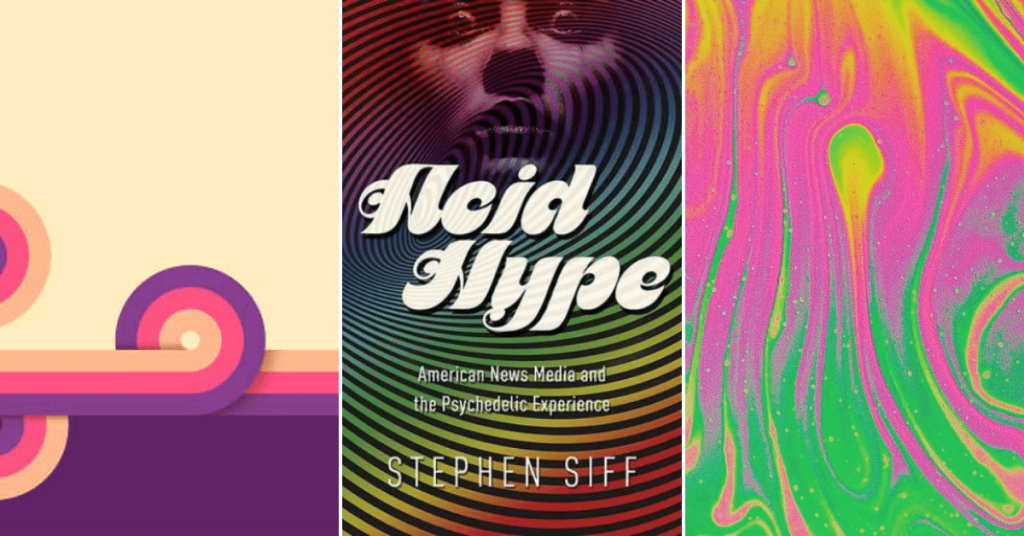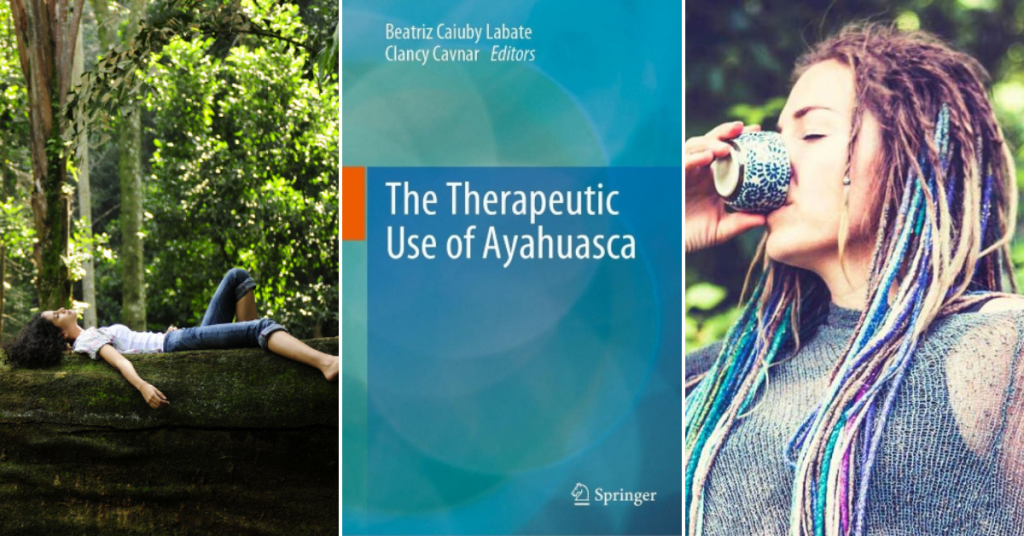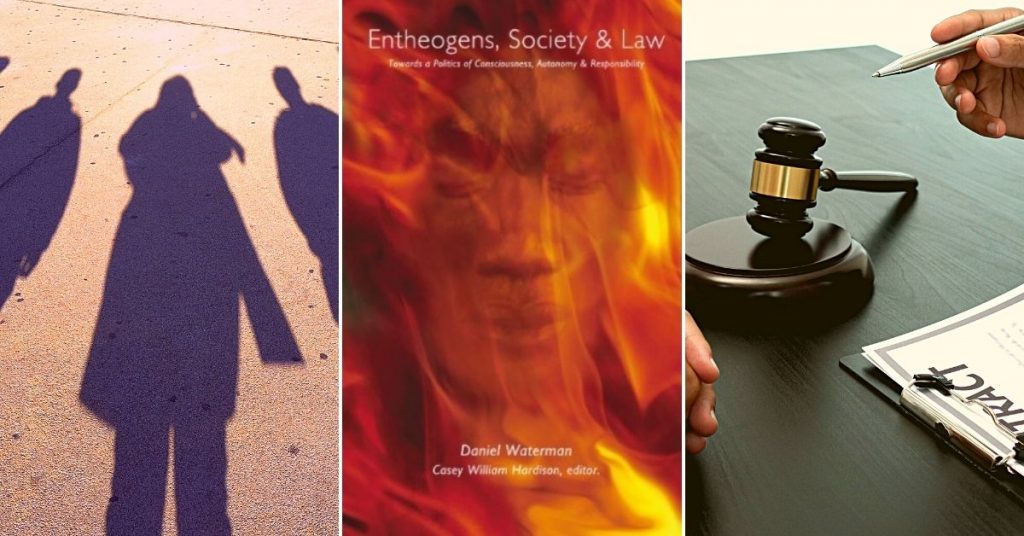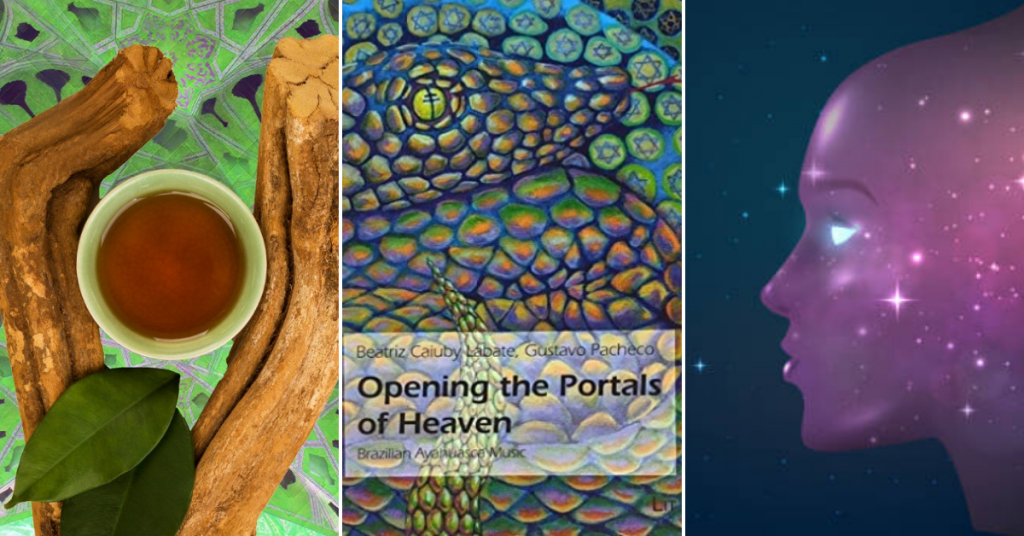Acid Hype: American News Media and the Psychedelic Experience
Now synonymous with Sixties counterculture, LSD actually entered the American consciousness via the mainstream. Time and Life, messengers of lumpen-American respectability, trumpeted its grand arrival in a postwar landscape scoured of alluring descriptions of drug use while lesser outlets piggybacked on their coverage with stories by turns sensationalised and glowing.
Acid Hype offers the untold tale of LSD’s wild journey from Brylcreem and Ivory soap to incense and peppermints. As Stephen Siff shows, the early attention lavished on the drug by the news media glorified its use in treatments for mental illness but also its status as a mystical–yet legitimate–gateway to exploring the unconscious mind. Siff’s history takes readers to the center of how popular media hyped psychedelic drugs in a constantly shifting legal and social environment, producing an intricate relationship between drugs and media experience that came to define contemporary pop culture. It also traces how the breathless coverage of LSD gave way to a textbook moral panic, transforming yesterday’s refined seeker of truths into an acid casualty splayed out beyond the fringe of polite society.
Stephen Siff is an assistant professor of journalism at Miami University, Ohio.
Acid Hype: American News Media and the Psychedelic Experience, door Stephen Siff, History of Communication reeks, University of Illinois Press, 264 pagina’s.
Koop dit boek via bookdepository.com en steun daarmee Stichting OPEN.









 A look inside almost half a century of pioneering research in the Amazon and Peru by a noted anthropologist studying hallucinogens, including ayahuasca – Reveals how ayahuasca successfully treats psychological and emotional disorders – Examines adolescent drug use from a cross-cultural perspective – Discusses the deleterious effects of drug tourism in the Amazon Ayahuasca is an alkaloid-rich psychoactive concoction indigenous to South America that has been employed by shamans for millennia as a spirit drug for divinatory and healing purposes. Although the late Harvard ethnobotanist Richard Evans Schultes was credited in the early 1950s as being the first to document the use of ayahuasca, other researchers, such as the distinguished anthropologist Marlene Dobkin de Rios, were responsible for furthering his findings and uncovering the curative capabilities of this amazing compound. “The Psychedelic Journey of Marlene Dobkin de Rios” presents the accumulated experience of de Rios’s 45 years of pioneering field studies in the area of hallucinogens in Peru and the Amazon. Her investigation into ayahuasca–which she undertook in collaboration with more than a dozen traditional Mestizo folk curanderos, shamans, and fellow ethnobotanists–focuses on the use of this revolutionary plant in the treatment of recalcitrant psychological and emotional disorders. She also shares some of her theories that prove that the ancient Maya used psychedelic plants as part of their religious rituals, thereby demonstrating the impact of plant psychedelics on human prehistory. In addition, Dobkin de Rios examines altered states of consciousness derived from the use of biofeedback and hypnosis and discusses her current work on the deleterious effects of drug tourism in the Amazon.
A look inside almost half a century of pioneering research in the Amazon and Peru by a noted anthropologist studying hallucinogens, including ayahuasca – Reveals how ayahuasca successfully treats psychological and emotional disorders – Examines adolescent drug use from a cross-cultural perspective – Discusses the deleterious effects of drug tourism in the Amazon Ayahuasca is an alkaloid-rich psychoactive concoction indigenous to South America that has been employed by shamans for millennia as a spirit drug for divinatory and healing purposes. Although the late Harvard ethnobotanist Richard Evans Schultes was credited in the early 1950s as being the first to document the use of ayahuasca, other researchers, such as the distinguished anthropologist Marlene Dobkin de Rios, were responsible for furthering his findings and uncovering the curative capabilities of this amazing compound. “The Psychedelic Journey of Marlene Dobkin de Rios” presents the accumulated experience of de Rios’s 45 years of pioneering field studies in the area of hallucinogens in Peru and the Amazon. Her investigation into ayahuasca–which she undertook in collaboration with more than a dozen traditional Mestizo folk curanderos, shamans, and fellow ethnobotanists–focuses on the use of this revolutionary plant in the treatment of recalcitrant psychological and emotional disorders. She also shares some of her theories that prove that the ancient Maya used psychedelic plants as part of their religious rituals, thereby demonstrating the impact of plant psychedelics on human prehistory. In addition, Dobkin de Rios examines altered states of consciousness derived from the use of biofeedback and hypnosis and discusses her current work on the deleterious effects of drug tourism in the Amazon.

 From 1990 to 1995 Dr. Rick Strassman conducted U.S. Government-approved and funded clinical research at the University of New Mexico in which he injected sixty volunteers with DMT, one of the most powerful psychedelics known. His detailed account of those sessions is an extraordinarily riveting inquiry into the nature of the human mind and the therapeutic potential of psychedelics. DMT, a plant-derived chemical found in the psychedelic Amazon brew, ayahuasca, is also manufactured by the human brain. In Strassman’s volunteers, it consistently produced near-death and mystical experiences. Many reported convincing encounters with intelligent nonhuman presences, aliens, angels, and spirits. Nearly all felt that the sessions were among the most profound experiences of their lives.
From 1990 to 1995 Dr. Rick Strassman conducted U.S. Government-approved and funded clinical research at the University of New Mexico in which he injected sixty volunteers with DMT, one of the most powerful psychedelics known. His detailed account of those sessions is an extraordinarily riveting inquiry into the nature of the human mind and the therapeutic potential of psychedelics. DMT, a plant-derived chemical found in the psychedelic Amazon brew, ayahuasca, is also manufactured by the human brain. In Strassman’s volunteers, it consistently produced near-death and mystical experiences. Many reported convincing encounters with intelligent nonhuman presences, aliens, angels, and spirits. Nearly all felt that the sessions were among the most profound experiences of their lives.